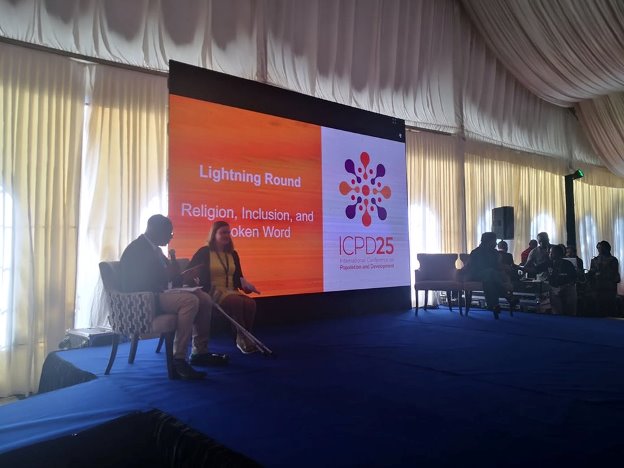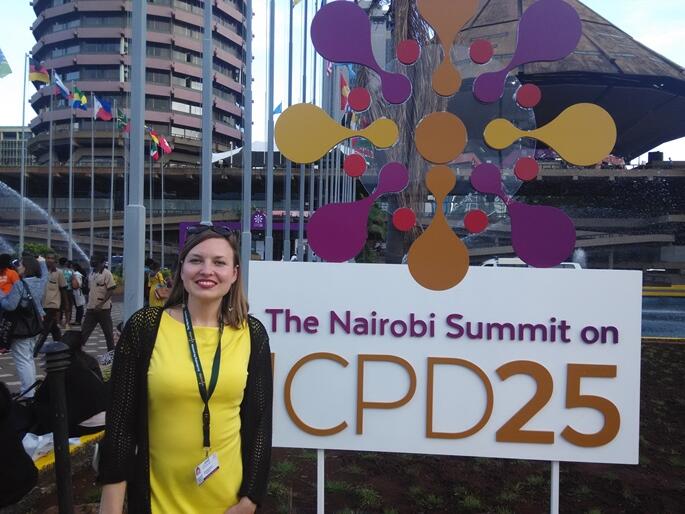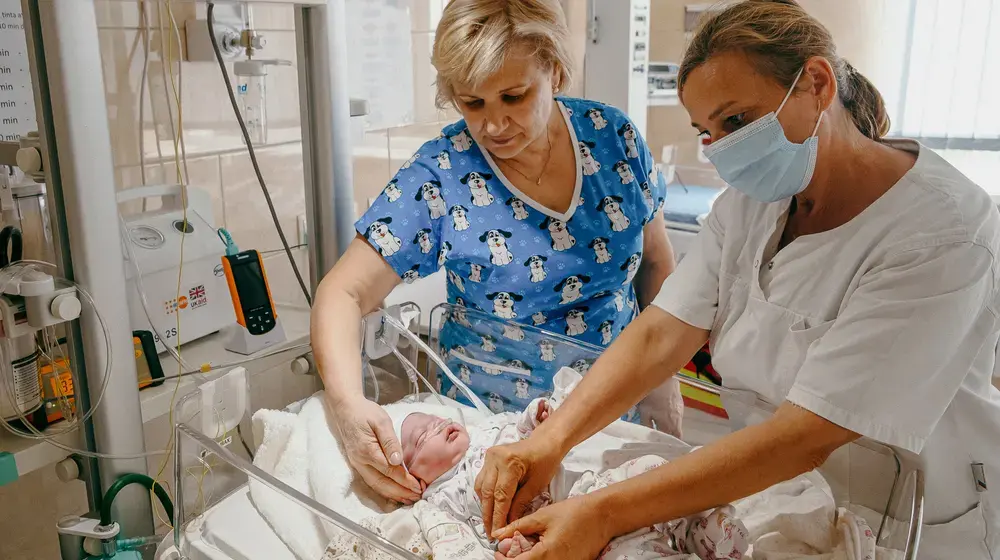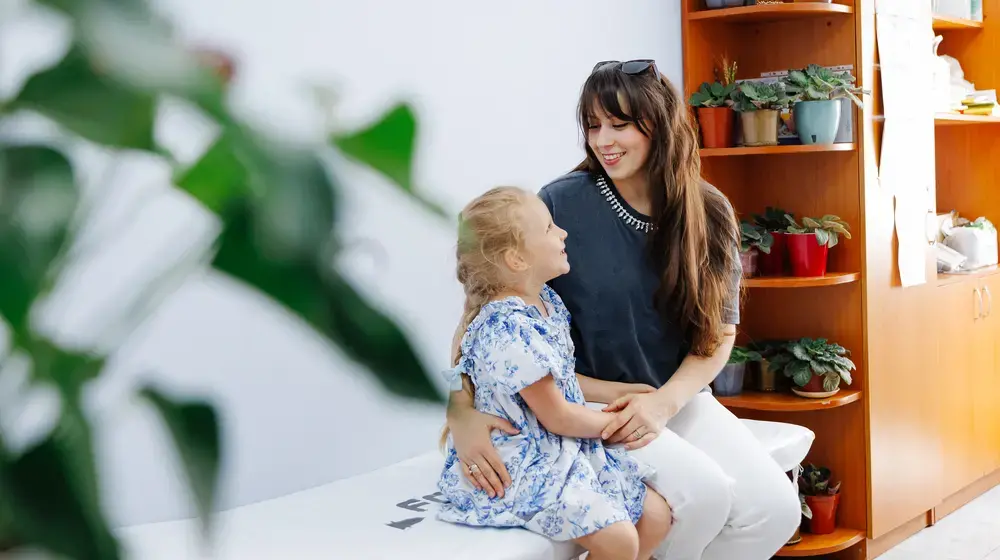Victoria Botan is a young activist from the Republic of Moldova who fights for equal rights of women and girls with disabilities, including their sexual and reproductive rights (SRH). She works as a PR manager at the "MOTIVATIE" Association, one of the leading NGOs in the country in the area of rights of people with disabilities. Victoria was one of the members of Moldovan delegation at the Nairobi Summit on ICPD25, held from 12-14 November 2019, where global leaders reinforced their committments towards full realization of ICPD agenda.
Along with other representatives of the Republic of Moldova, Victoria committed, on behalf of her organization to advance the SRH of women and girls with disabilities by conducting awareness raising campaigns and advocacy initiatives. She also had a powerful speech in front of an international audience, where she talked about her condition as a woman with locomotor disability and all the fears and prejudices she needs to face. Victoria impressed everyone with her positive attitude and true belief that 'each of us is valuable in one’s own way, regardless of the colour of skin, the spoken language or the way of moving.'

Read Victoria's full speech here:
"Hello! I’d like to propose playing little game of imagination. Let’s imagine that in the country of each and every one of us women with disabilities respect themselves. They are not pointed at on the street, and if they hold hands with their boyfriend – they are not asked if that is their brother. Nobody insists to give them money when they clearly refuse it. And if a woman with disabilities wants to give birth to a child, she is not asked by the doctor ‘Aren’t you afraid your child will be like you?’.
We have a problem in Moldova. The lack of self-confidence of women with disabilities has deep roots and it comes not only from the family, but also from the society and the system. Do you know why in Moldova women with disabilities are seen as asexual? Because they are being brought up like this. The family suggests that if you have disabilities, you cannot give birth to children and you must stay home. Men do not treat you like a woman, because nobody taught you how to be a woman. The system see you as a problem – a social case that must be solved and needs treatment.
I think it’s time to say STOP to prejudice. The first step towards our healing as a society will be realising that women with disabilities are important as personalities. I believe that people’s mindset can be changed by organising awareness-raising campaigns, by publishing success stories of women with disabilities who created families and gave birth to children or hold public positions.
Each of us is valuable in one’s own way, regardless of the colour of skin, the spoken language or the way of moving. Of course I am not walking down the street singing ‘I am sexy and I know that’, but I often feel that way, because I have everything to be happy. And I don’t mean only these two crutches. I am sure that when I will have children, they will tell everyone that their mother is special – not because of the way she moves, but because she sets an example.
Our life is full of dreams, and of fears as well. Before making a step towards someone, take your time – take a deep breath, relax and leave stereotypes behind."





